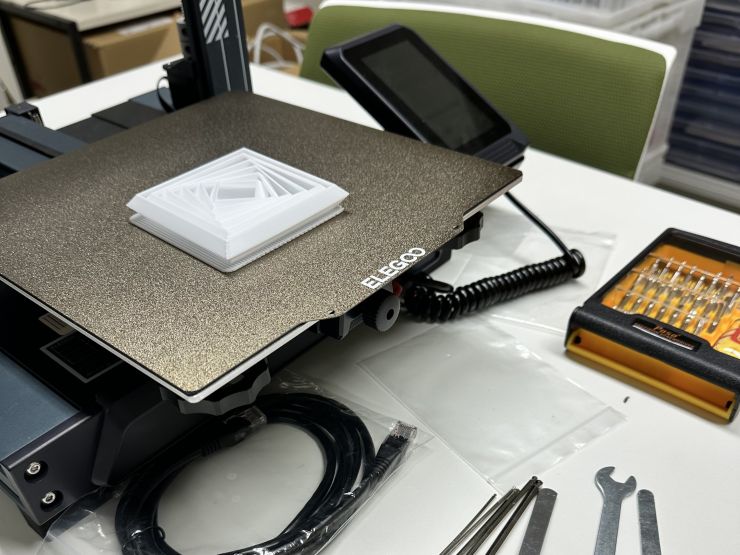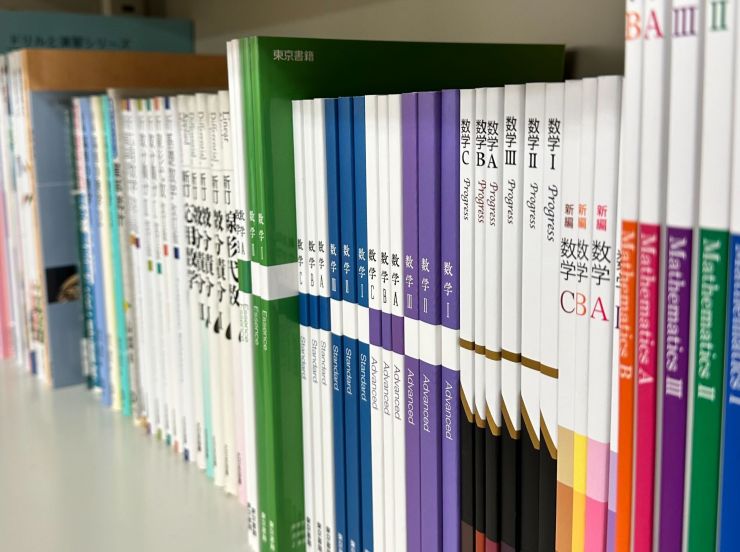Mathematical Education
Mathematics appears in all kinds of situations, from the stage of universal education, which is broad, general and basic, and not vocational or specialized, to more advanced and specialized education.
Proposals for the curriculum of mathematics in universal education and specialized education
"After school, I forget about math... But what should I do if I come across math that I don't know?" We encounter various numbers in everyday life, but how can we understand them? In this laboratory, we are conducting various research related to mathematics education, such as developing teaching materials using 3D printers, developing teaching materials for statistical education that teaches problem-solving frameworks, and designing lessons that teach historical perspectives and ways of thinking through mathematics.

Practical Application and Evaluation of Transdisciplinary Learning in Mathematics and History Using Japanese Mathematics Historical Documents
There have been many practical applications of Japanese mathematics (Wasan), which developed independently in early modern Japan, in the classroom. However, using historical documents on Wasan alone does not allow students to fully utilize viewing and thinking ways of historical, and so the learning is one-way and transdisciplinary. We are researching how to learn mathematics more deeply through interactive learning in both mathematics and history.

Development and practice of teaching materials for manufacturing using 3D printers
In our laboratory, we are developing teaching materials that make use of 3D printers. We are putting into practice teaching materials that discover mathematical problems through measurement and then solve them. We are developing and implementing teaching materials with the aim of ensuring that this experience is not just a paradigm “of visiting works”, but that it is something that can be enjoyed by junior high school students and above in terms of intellectual interest.

Development and implementation of teaching materials for statistical learning using generative AI
When incorporating the PPDAC cycle, which is a framework for problem solving, the most difficult stage for both learners and teachers is the “Problem” stage. In order to set up a problem that can be solved statistically, it is essential to have relevant knowledge of the subject, but it is said to be difficult to set up a problem that follows that content when learning for the first time. In order for learners to take an active approach to problems, we believe that it is necessary to set up an authentic learning environment, and we are conducting research on lesson design and teaching material development that incorporates the PPDAC cycle centered on learning statistics, using generative AI.